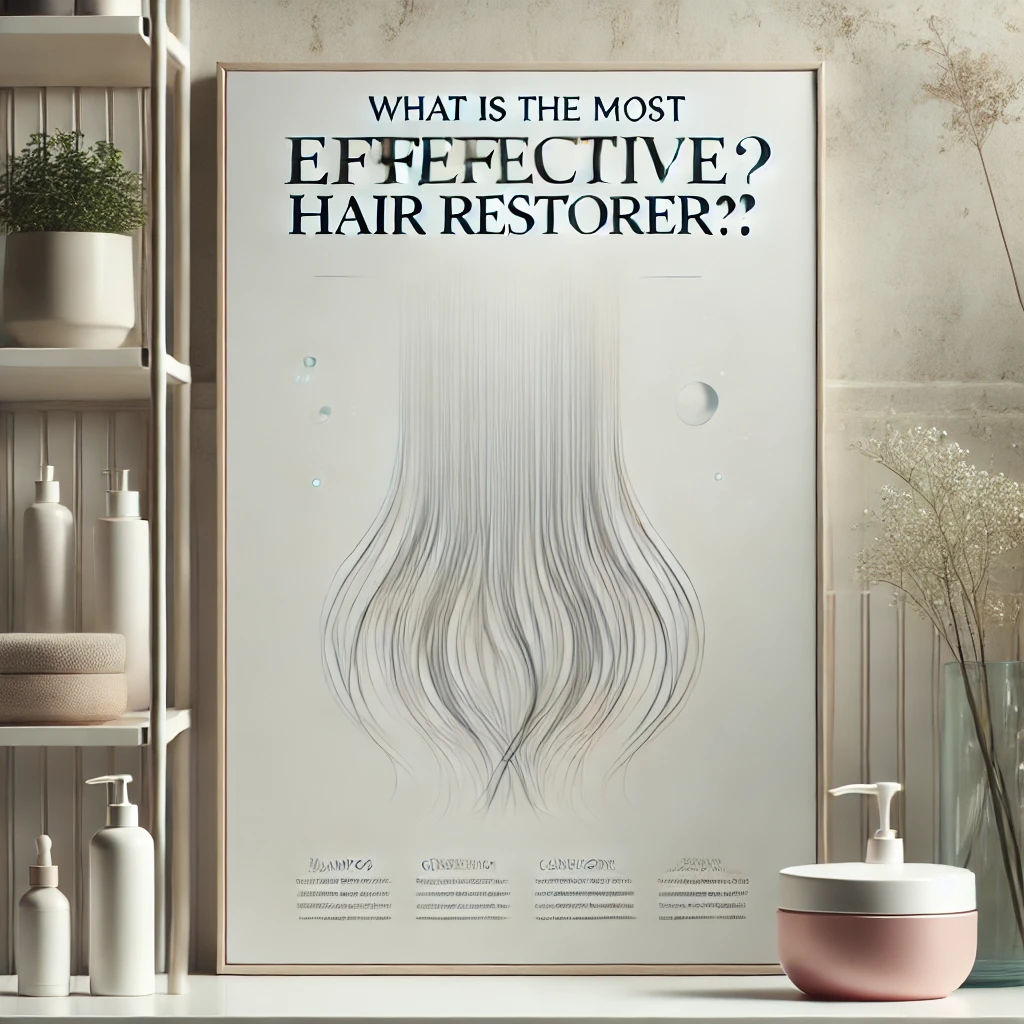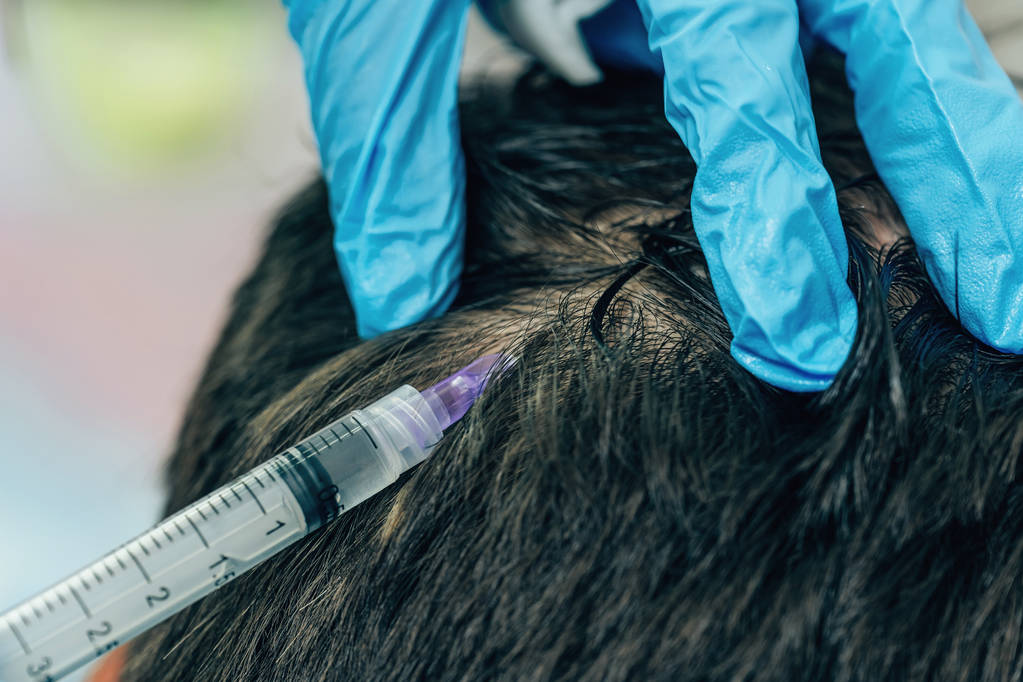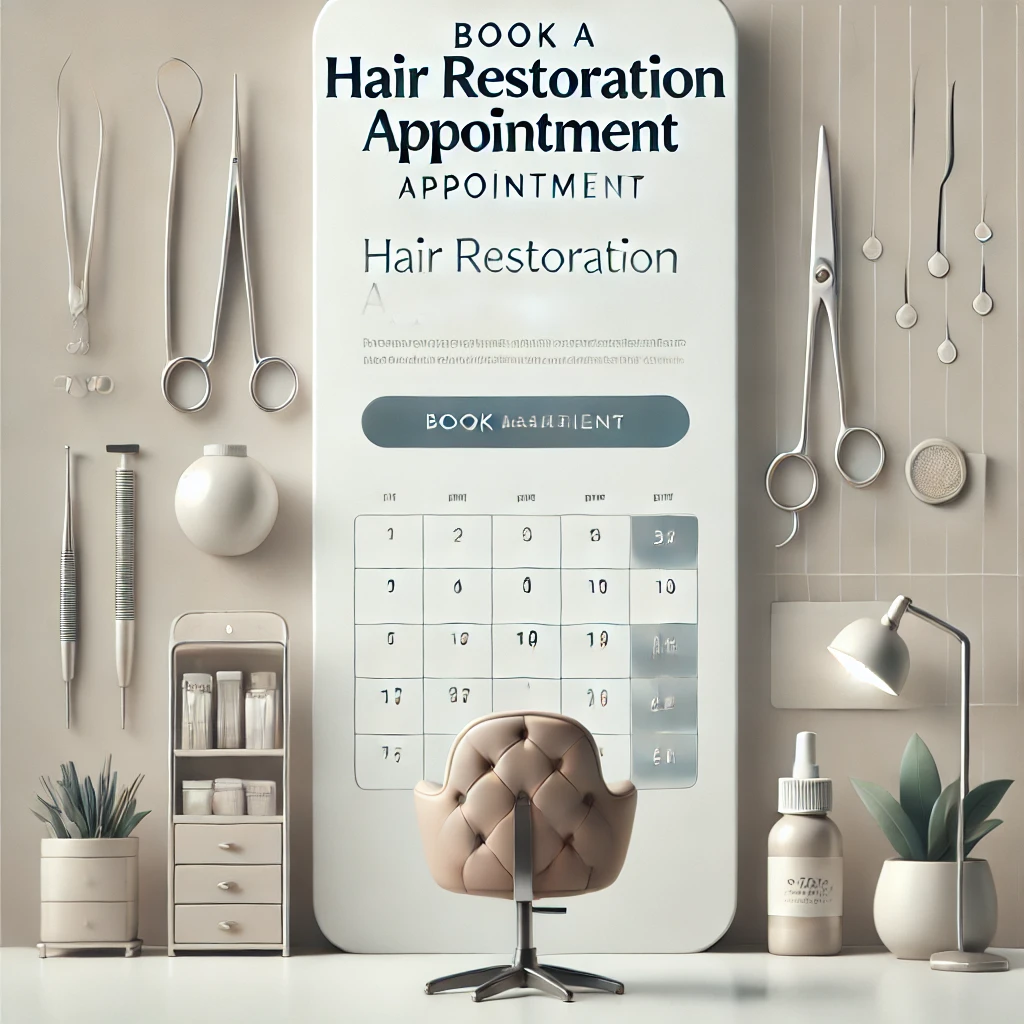What Is the Most Effective Hair Restorer?

Some causes of hair loss include stress, chronic diseases, illnesses, genetics, drug use, and nutritional deficiencies. Hair restoration techniques can promote growth by stimulating dominant follicles or balancing nutrient deficiencies. Here are some common hair restoration methods and the conditions they effectively treat:
Medications
Hair restoration specialists use topical therapies for mild or moderate hair loss and oral medications to treat severe hair loss. Topical minoxidil stimulates blood flow in the scalp and effectively treats hair loss in the frontal regions. It works by prolonging the anagen phase of growth and increasing hair density and diameter. Oral minoxidil can be used by men and women with androgenetic alopecia, which causes loss of frontal hair in men and hair thinning in women.
- Topical finasteride works by reducing plasma and scalp DHT levels.
- Oral finasteride inhibits type II 5-alpha-reductase,
- which blocks testosterone conversion.
- It is usually prescribed in 1mg or 5mg tablets for male baldness and is not commonly recommended for women.
- An expert will assess your hair and medical history to recommend the right medications to promote hair growth.
Injections

- One injectable used to treat alopecia is Platelet‐rich plasma (PRP).
- For this treatment, specialists remove around 30mL of blood and centrifuge it to separate the plasma from the red blood cells.
- The remaining platelet-rich plasma has many growth factors and is injected into the dermis to create a healthy environment for hair development.
- Hair restoration experts use PRP among patients with early-stage androgenetic alopecia because the follicles are still intact, and the patient can achieve more significant hair restoration.
- PRP side effects include a mild burning sensation and headache, which should subside a few minutes after the procedure.
- To sustain hair growth results, PRP patients must schedule monthly maintenance appointments.
Light Therapy
Low‐level laser therapy (LLLT) and light-emitting devices (LED) have minimal side effects compared to oral or topical medications. Light therapies are an alternative for people with chronic medical conditions where adding more drugs could cause severe drug interactions. LLLT is administered using devices like caps and combs. Light absorption causes more energy production and protein synthesis, as well as increased blood flow to stimulate dormant hair follicles.
Nutrition
- Vitamin and mineral supplements contain micronutrients that can help stimulate hair growth and prevent hair loss.
- Mediterranean diets contain anti-oxidant, estrogenic, and anti-inflammatory compounds that reduce hair loss.
- Fruits and vegetables contain phytochemicals that lower the production of reactive oxygen in the papillary skin layer, causing the secretion of more growth hormones.
Book a Hair Restoration Appointment

Hair loss is caused by different factors, including genetics, hormones, psychological stress, or chronic illness. To restore your hair, an expert will assess your hair’s condition and recommend an appropriate treatment for mild, moderate, or severe hair loss. Your treatment plan may include a combination of medications, light therapies, injections, or diet and lifestyle changes. The results of your treatments will vary based on the extent and cause of your hair loss. Visit a dermatologist or hair restoration clinic today to learn more about their services and schedule a consultation appointment.

